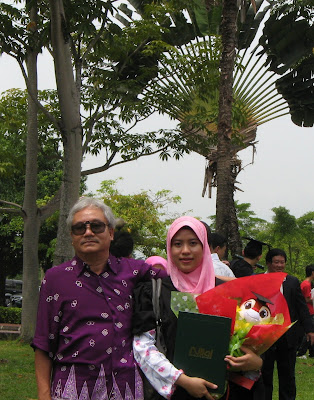The Believers spend this month of Mercy
in acts of worship to seek forgiveness for their
sins and protection from falling into evil ways.
While good deeds and behaviour earn divine
rewards at all times, the rewards for the same
acts are manifold during this blessed month.
Thus Ramadan is also a month of increase in
acts of charity to please Allah The Most Merciful.
The Believers perform these acts with
a deep sense of gratitude (shukur) to Allah
The Giver of all bounty for blessing humanity
with the noble month of \ramadan.
The Believers view the act of fasting as
a holistic exercise by striving to keep their
eyes, ears, tongues, hands and feet - and
all the other organs - free from sin.
This is the true fasting.
The true fasting goes on after the physical
fasting has ended. One who has experienced
it would long for the whole year
to be like the month of Ramadan.
"There are two pleasures for the fasting
person: one at the time of breaking the fast
and the other at the time when he will meet
his Lord; then he will be pleased because
of his fasting." [Bukhari]
There is nothing like the fast of Islam in
any other religion for realizing physical
and spiritual well being.
Dr. Y Mansoor Marican, Ph.D
www.islam.gov.my












